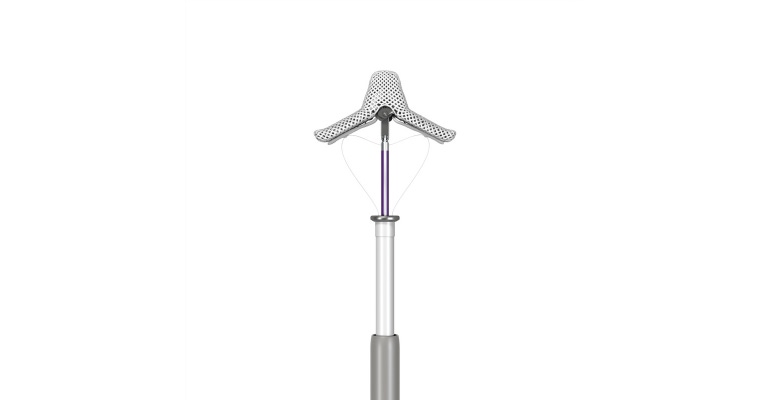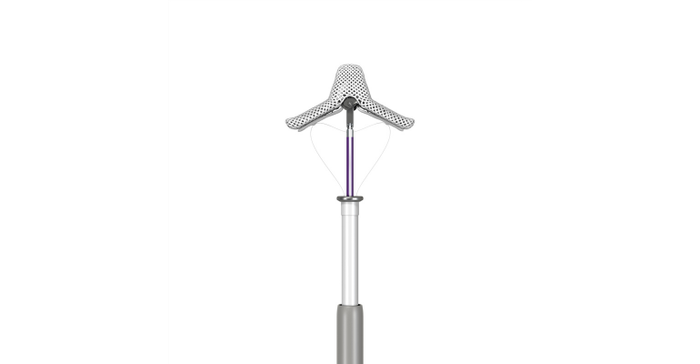Abbott Puts the Proof in the Pudding
Abbott saw strong growth across its underlying businesses in the first quarter despite pullback in COVID testing.
April 19, 2023

Abbott emerged as a leading test maker in the COVID-19 battle in 2020 as the company quickly launched multiple tests for the virus in the early days of the pandemic. But Abbott's diversified portfolio is its real secret recipe, and the proof, as they say, is in the pudding.
While the company is seeing a drop in COVID-19 revenue – now expected to be about $1.5 billion for the year as opposed to the prior guidance of $2 billion – growth is accelerating in Abbott's base businesses, especially in the medical devices segment.
Sales from medical devices increased 12% in the first quarter with strong organic growth in the United States and internationally, Abbott reported Wednesday. This was led by double-digit growth in diabetes care, structural heart, heart failure, and neuromodulation. Diabetes care sales increased 21% in the quarter, with FreeStyle Libre sales of $1.2 billion and U.S. growth of about 50%.
In January, Abbott CEO Robert Ford expressed some optimism that the macroeconomic headwinds Abbott and other medtech companies have faced in the past couple years were starting to peak, and in some cases, ease a bit.
"As we move through the first part of the year, that's exactly what we continue to see," Ford said. "Most notably, the impact of COVID has rapidly and significantly lessened. As part of this transition, certain behavioral shifts have been evident across society. One simple illustrative example has been a significant increase in travel and tourism we've all seen, heard about, or experienced first-hand."
But on the global healthcare stage, a much more relevant and important behavioral shift is playing out: More people are making it a priority to get healthy and stay healthy.
"And for our businesses, the impacts have been increased routine diagnostic testing volumes, improved medical device procedure trends, and strong demand for consumer based health products," Ford said. "The net result this past quarter was strong broad-based growth across our portfolio."
Specifically in medical devices, the CEO said, hospitals and healthcare systems are beginning to get a handle on staffing shortages that have weighed on procedure volumes, a key revenue source for medical device companies.
"From an inflation perspective, we talked about some of the commodity starting to turn a little bit, not all of them, but some of them starting to turn," Ford said. "So that's really translated, I'd say, in improving top line on the base business, better diagnostic testing, more procedures."
Abbott's structural heart portfolio shines

One highlight of the quarter was the double-digit growth in Abbott's structural heart business, led by MitraClip (shown above) sales along with strong contributions from three recently launched products: Amulet, Navitor, and TriClip.
"Structural heart had been challenged throughout the pandemic and here we are with a nice double-digit growth quarter from you," said JP Morgan's Robbie Marcus during the Q&A portion of Abbott's first-quarter earnings call.
Ford said the company has looked at its structural heart portfolio over the last three or four years and made investments in terms of building a product pipeline and building a global commercial infrastructure in the market.
"So, this is definitely an area of growth," Ford said. "I think the entire portfolio there looks really strong and really durable and really sustainable, Robbie, whether it's our position in mitral, our building of our position in the tricuspid area. We're entering the aortic area with Navitor, seeing good momentum over there also. ... the launch of Amulet also. So, I think we've really built a strong pipeline of products and commercial footprint here. So, I think it's doing what we've always envisioned it to do, which is to be a top-tier growth contributor to Abbott."
About the Author(s)
You May Also Like




